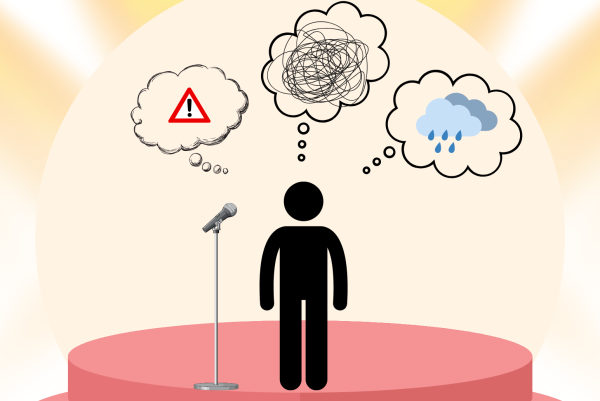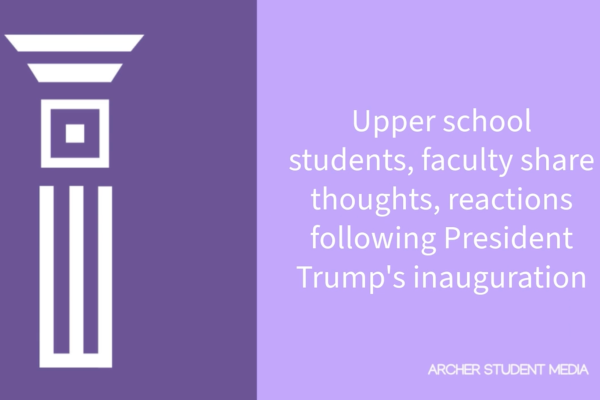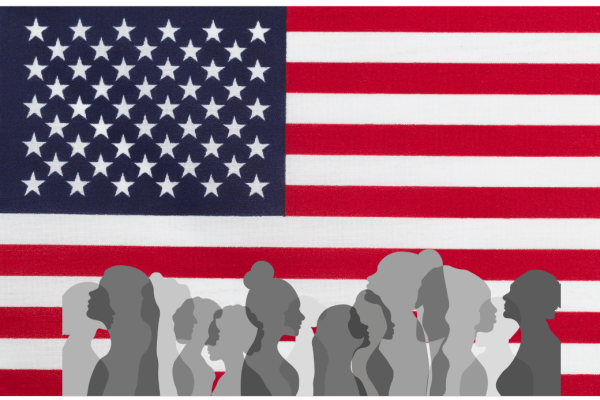Column: Feminism in the 2016 Elections
Being a woman in politics has always been challenging. Unfortunately, even in the progressive age of 2016, this statement rings true. Women have made tremendous strides toward equality in many aspects of society. However, politics is one area in which women have yet to break major ground.
For years, Hillary Clinton has had to cope with the scrutiny and criticism that come with being a woman in politics, one that men in the same positions often don’t have to deal with.
The possibility of this nation being run by a woman cracks our already male-dominated political climate. However, the simple reality of Hillary Clinton being a woman causes discomfort because some people are not yet used to the idea of a female president.
The double standard that women in politics face has been particularly apparent in the way that the media has been describing Hillary Clinton. Some have argued that she doesn’t “look presidential”.
This may seem like a fairly simple statement at first glance but hardly so if we take a closer look at its implications. Though its intention may not have been to offend, it carries the weight of years of gender biases.
Clinton has been criticized for being too aggressive in her tone of voice and stern in her expressions. These criticisms are then legitimatized by saying that a president should be “likable.”
Now, while I understand why most people want to have an amiable president, if one considers this statement a bit more closely, it seems rather silly.
Rather than spending time picking apart her policies and ideas on how to run this country, we choose to say that Clinton is unlikable? These notions are deeply rooted in the idea that women are inherently the gentler, more nurturing gender.
When Clinton doesn’t conform to being this ever-smiley, quiet woman, she gets denigrated by the media. This hardly seems productive in regard to social and political reform.
Navigating questions like these and deciding whether or not it is best to conform to gender stereotypes has shown itself to be a very tricky aspect of Clinton being the first female candidate to have made it this far in the presidential race.
Much of this backlash she receives is simply because of her gender. However, this does not intrinsically mean that every critique Clinton receives is a sexist attack on women.
There are problematic aspects of both candidates’ campaigns that exceed the conformities of gender and are too complex to put in the simple terms of man versus woman.
This is one of the main reasons why many feminists are struggling with this election. Having a female candidate become the president would no doubt break political ground and go down in U.S. history. However, many women are pointing out that voting for a candidate based solely on the fact that she is a woman would be counterproductive.
Many say that Clinton has pretty fair plans to help women reach total equality; however, she appeals more to certain age demographics than to others. It can be reasonably inferred that this is due to the separation between different waves of feminism.
Many women who consider themselves to be a part of second wave feminism are having fewer hesitations voting for Hillary. Young women, however, are finding that her politics appeal much more to corporate feminism rather than the all-inclusive, intersectional nature of the third wave of the movement.
Let us not be blindsided by what may be ingrained as the way a president should look, but rather focusing on the way a president should act.
Neither candidate is by any means perfect, so don’t just let the fact that one is a woman and one is a man overshadow the plans they have for this country.
If everyone were to pay more attention to policies and procedures, perhaps the elections would not be the confusing mess they have become.

Stella Gage became a columnist for the Oracle in 2016. After taking Womens' Studies during her junior year, Stella was inspired to learn more about feminism...













Andrea Kennedy • Oct 6, 2016 at 5:09 am
Well said, Stella!